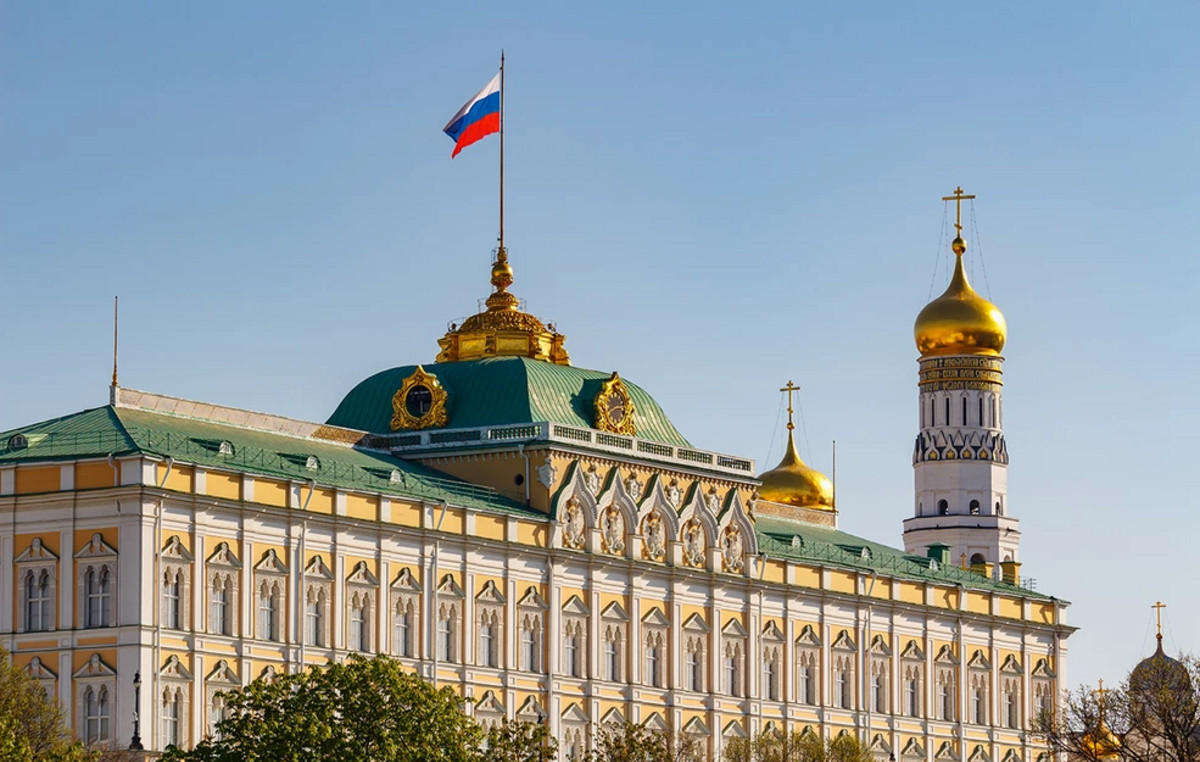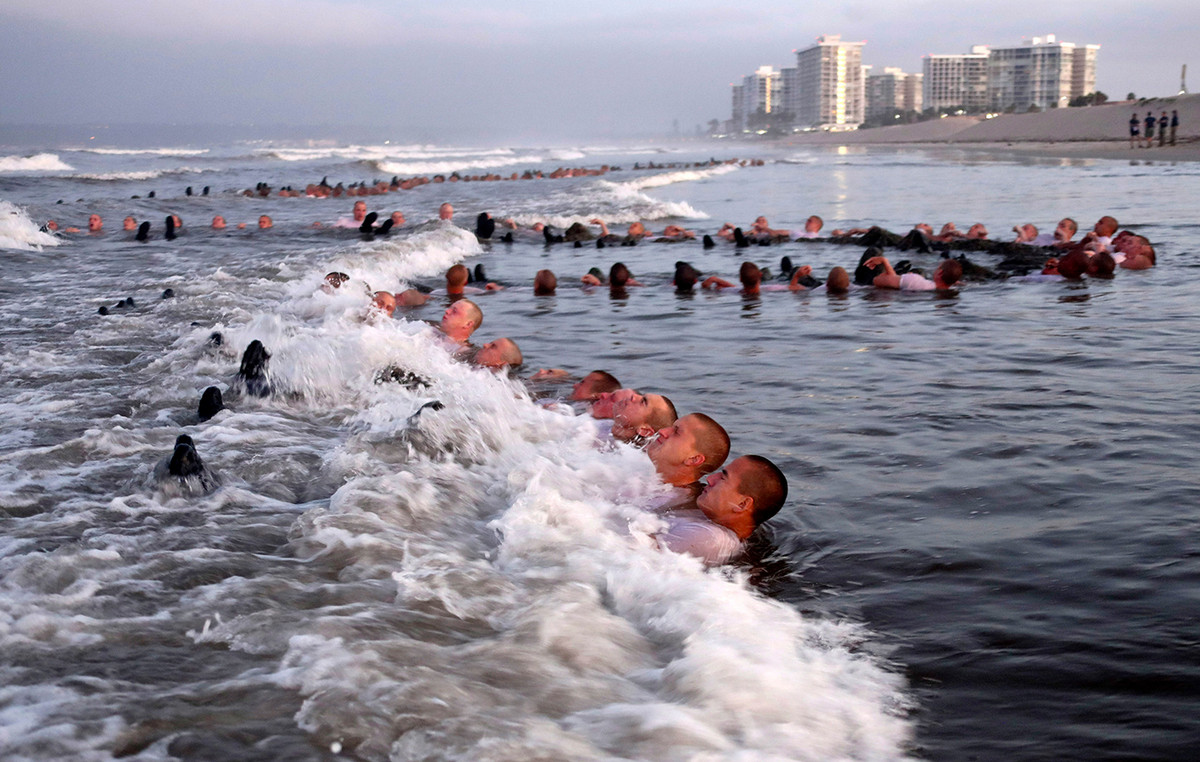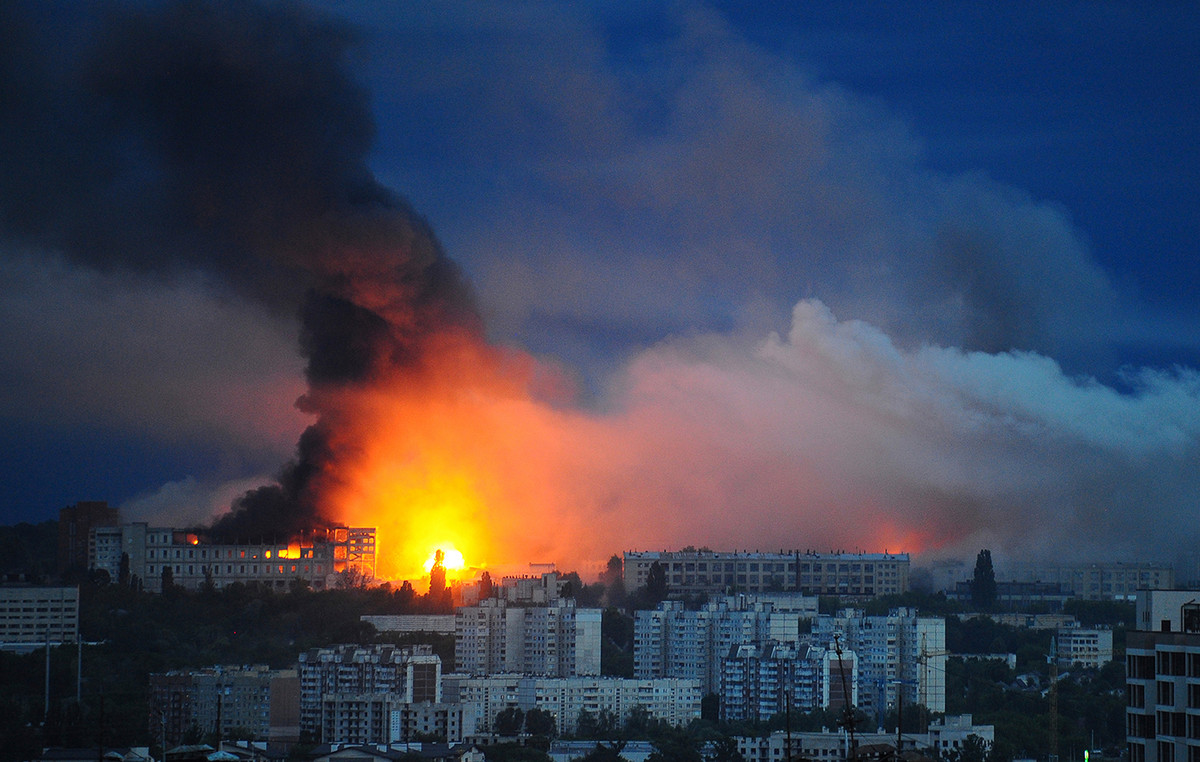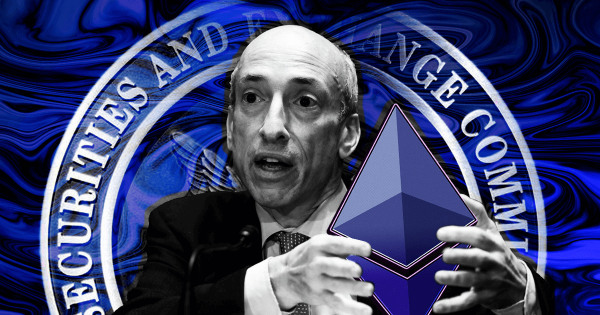Macron and Le Pen will contest the second round of elections in France, which can also be seen as a “second round”. The French presidential election will be a rematch of the 2017 race, when far-right Marine Le Pen faced political newcomer Emmanuel Macron, who eventually won the race.
But while the candidates remain the same, the 2022 race is becoming a very different affair. Check out everything you need to know.
How does the election work?
To elect their new president, French voters go to the polls twice.
In the first vote, last Sunday (12), candidates competed against each other. They qualified for the race by securing the endorsement of 500 mayors and/or local councilors across the country.
Macron and Le Pen received the most votes, but as neither won more than 50%, they go into a second round, which will also be on Sunday, April 24.
This is not the only national vote France faces this year – parliamentary elections are due to take place in June.
What are the most important dates?
Macron and Le Pen will hold a debate next Wednesday night (20), which will be broadcast by French broadcasters France 2 and TF1.
The second round of elections will take place on Sunday, April 24. Candidates cannot campaign the day before the vote, or the day of the election itself, and the media will be subject to strict reporting restrictions from the day before the election until the polls close.
What does research show?
A much tighter race than the 2017 election.
Macron and Le Pen increased their total vote share in this year’s first round compared to 2017, but polls ahead of the first vote showed Le Pen had a late rise in support in March.
The Ifop-Fiducial poll, released on April 10, suggests Macron would win a run-off against Le Pen by just 51% to 49%. Macron’s lead widened in the days following the release of the first round results, but two weeks is a long time in politics – and a lot can change between now and election day.
Political analysts often say that the French vote with their hearts in the first round, then with their heads in the second round – meaning they choose their ideal candidate first and then opt for the “less worse” of the two in the second round.
Macron saw it happen in 2017. He and Le Pen won 24% and 21.3% of the vote in the first round and then 66.1% and 33.9% in the second round, respectively.
To be re-elected, Macron will likely need to convince supporters of far-left candidate Jean-Luc Melenchon to support him. Melenchon came in third with 22% of the vote. On Sunday, Melenchon told his supporters that “we must not give a single vote to Ms. Le Pen”, but did not explicitly support Macron.
Most of the defeated candidates urged their supporters to support Macron to prevent the far right from winning the presidency.
Eric Zemmour, a former right-wing political commentator known for his inflammatory rhetoric, urged his supporters to support Le Pen.
What are the French waiting for?
The unexpected.
In early 2022, the election appeared to be a major referendum on the rising popularity of the French far right. It’s been 20 years since a French president was re-elected, so the vote was becoming one of the country’s most-watched political races in decades.
Until Russia invaded Ukraine.
With Europe’s eyes on Russian President Vladimir Putin’s bloody war, priorities have shifted rapidly: ammunition stockpiles, high-risk diplomacy and even the threat of a nuclear attack have entered the national debate.
Macron took on the role of statesman of Europe, taking him away from the campaign, while Le Pen was forced to backtrack on his earlier support for Putin.
What has changed the most in the last five years?
The political spectrum in France has undergone some changes. Macron’s election effectively blew up the traditional center of French politics. In previous years, many of its voters would have gone to the traditional centre-left and centre-right parties, the Socialists and the Republicans.
But Paris Mayor Anne Hidalgo, the Socialist candidate, and Valérie Pécresse, the Republican candidate, failed to convince voters to abandon the centrist candidate already in office. Both had votes below 5% in the first round.
What else do I need to know about Macron and Le Pen?
Emmanuel Macron is a former investment banker and alumnus of some of France’s elite schools. He was a political rookie before he became president, and this is only the second political election he has ever participated in.
His ambitious plan to bolster the EU’s autonomy and geopolitical weight has earned him respect abroad and at home, though his attempts to win over Donald Trump or prevent the AUKUS submarine deal, and his unsuccessful diplomatic efforts to avert war in Ukraine, may be considered failures.
Macron’s domestic policies are more divisive and less popular. His handling of the yellow vest movement, one of France’s longest-running protests in decades, has been widely criticized, and his track record in the Covid-19 pandemic is inconclusive.
Macron’s policy during the health crisis — requiring people to show proof of vaccination to go about their normal lives — helped boost vaccination rates but incited a vocal minority against his presidency.
Before the first round of this election, Macron refused to debate his opponents, and he barely campaigned. While his pole position in the race was never really threatened, experts believe his strategy has been to avoid political confusion as much as possible to keep the focus on his image as the most presidential of all the candidates.
Marine Le Pen he is the most recognizable figure on the French extreme right. She is the daughter of Jean-Marie Le Pen, who founded the National Front, the predecessor of Le Pen’s current political party.
The young Le Pen tried to rename the party, as the party has long been seen as racist and anti-Semitic.
This is his third attempt at the presidency. This year and in 2017, she surpassed her father in the first round of voting.
In 2017, Le Pen campaigned as the French version of Trump: a right-wing incendiary who vowed to protect France’s forgotten working class from immigrants, globalization and the technology that was making their jobs obsolete.
She has since dropped some of her most controversial policy proposals, such as leaving the European Union.
But in general, her nationalist economic stance, views on immigration, skepticism about Europe and her stance on Islam in France – she wants to outlaw the wearing of headscarves in public – have not changed. “Stop uncontrolled immigration” and “eradicate Islamic ideologies” are his two manifesto priorities.
Le Pen, however, has tried to soften his tone, especially around Islam and the EU after Brexit.
Instead, she campaigned hard on economic issues, promising measures that she said would put €150 to €200 (about R$762 to R$1,016) into each family’s coffers, including a pledge to remove the tax on sales of one hundred household goods.
The strategy seems to have worked.
Le Pen’s performance in the first round of the 2022 presidential election was his best result of the three times he ran.
What are the biggest problems for French voters?
The cost of living is among the main issues for the French electorate this year. Faced with the economic fallout from the pandemic, high energy prices and the war in Ukraine, voters are feeling the pinch despite generous government support.
While financial pressures may be insufficient to assuage some candidates’ extremism in voters’ minds, they may drive some to seek unorthodox answers to their problems.
The struggle in Ukraine is a far cry from the bistros and cafes of France, but the conflict is certainly on voters’ minds. Just under 90% of French people were worried about war in the last week of March, according to Ifop. Given his opponents’ uneven track record in taking on Putin, this has likely played in Macron’s favor so far.
Notably absent from the first round debate was the environmental crisis. While the importance of climate protections is gaining traction globally, it is less concerning in France, which got 75% of its electricity needs in 2020 from nuclear power, according to the French Environment Ministry. Most candidates in the first round supported the kind of nuclear development that Macron has already announced, so there is little disagreement on that issue.
However, Macron and Le Pen quarreled over wind and solar power. Le Pen argues that both are expensive and inefficient – she also says wind turbines have marked the landscape of the traditional French countryside – so she wants to end subsidies for both. Macron wants to invest even more in both technologies.
Macron’s and Le Pen’s campaigns promise two very different visions for France’s future.
Macron vows to keep moving forward with a globalized, free-market-focused France at the head of a powerful EU. Le Pen wants to completely overturn the status quo with protectionist economic policies and a reshaping of Paris’ relationship with its allies and adversaries.
But in the end, the election may come down to the candidate France likes least: the president who is widely seen as elitist and out of touch, or the challenger best known for his fiery rhetoric about Islam and support for authoritarians.
Source: CNN Brasil
I’m James Harper, a highly experienced and accomplished news writer for World Stock Market. I have been writing in the Politics section of the website for over five years, providing readers with up-to-date and insightful information about current events in politics. My work is widely read and respected by many industry professionals as well as laymen.







